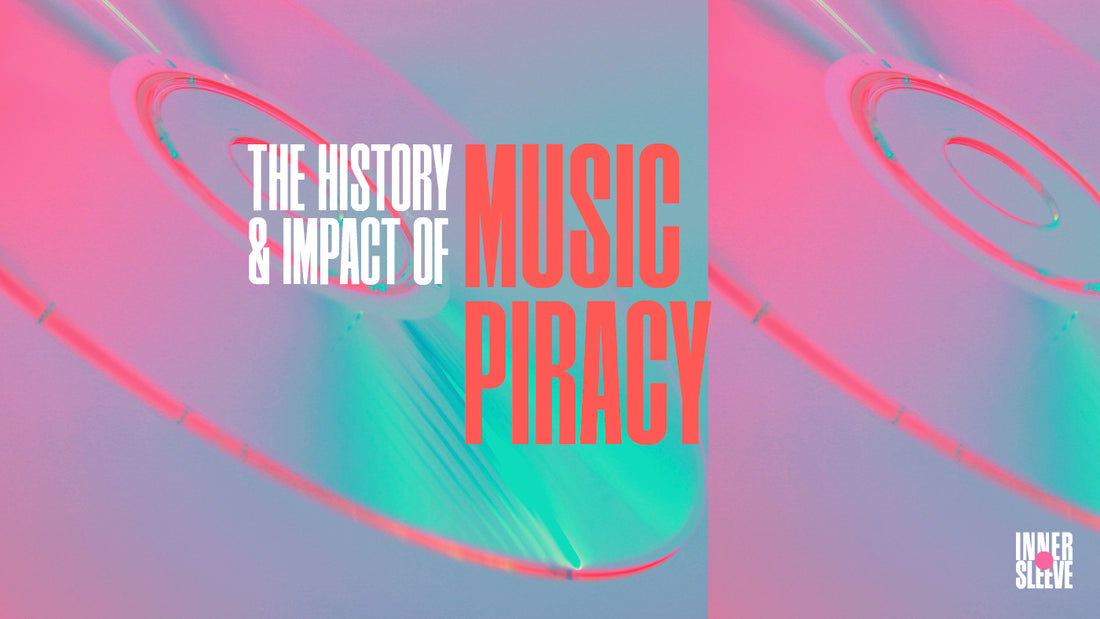Music piracy has been an ongoing issue since the advent of the internet. With the growth of peer-to-peer file-sharing networks and digital music streaming services, the music industry has faced unprecedented challenges in maintaining the value of its content. This blog will take a holistic view of the history of music piracy, its impact on the industry, and provide numerical evidence to support its findings.
Section 1: The Origins of Music Piracy
Music piracy has been around for centuries. The earliest forms of music piracy were bootleg recordings of live performances, which were sold or distributed illegally. However, the advent of the internet and digital music changed the nature of music piracy. The first peer-to-peer file-sharing service, Napster, was launched in 1999. This platform allowed users to share music files over the internet, without any restrictions.
The Impact of Music Piracy on the Industry
The impact of music piracy on the industry has been significant. Piracy has contributed to a decline in physical sales of music, and digital downloads have also been affected. According to the International Federation of the Phonographic Industry, the global music industry lost $2.7 billion in revenue due to piracy in 2018 alone.
The Legal Battle against Music Piracy
The music industry has fought back against piracy through legal means. Lawsuits have been filed against individuals and organizations responsible for piracy. In addition, digital rights management (DRM) technologies have been developed to prevent unauthorized copying and distribution of music.
The Rise of Streaming Services
The rise of streaming services has had a significant impact on the music industry. Services like Spotify, Apple Music, and Tidal have become increasingly popular, offering users access to millions of songs for a monthly fee. While these services have provided a new revenue stream for the industry, they have also been targeted by pirates who use these services to distribute music illegally.
The Future of Music Piracy
The future of music piracy remains uncertain. While the industry has made significant progress in the fight against piracy, the ease of access to music on the internet continues to make it a problem. The industry must continue to innovate and adapt to the changing landscape to ensure the long-term viability of the industry.
Conclusion:
Music piracy has had a significant impact on the music industry, contributing to a decline in revenue and changing the way music is consumed. The legal battle against piracy has been ongoing, and while progress has been made, the problem remains. The rise of streaming services has provided a new revenue stream for the industry, but has also opened up new avenues for piracy. As technology continues to evolve, the industry must continue to adapt and innovate to stay ahead of the game.
Numerical Evidence:
- In 2018, the global music industry lost $2.7 billion in revenue due to piracy. (IFPI)
- In 2019, 17% of internet users worldwide used a music streaming service to listen to music. (Statista)
- In 2017, 35% of all internet traffic was attributed to piracy. (Sandvine)
- In 2018, the number of visits to music piracy sites in the United States totaled 17 billion. (MUSO)

